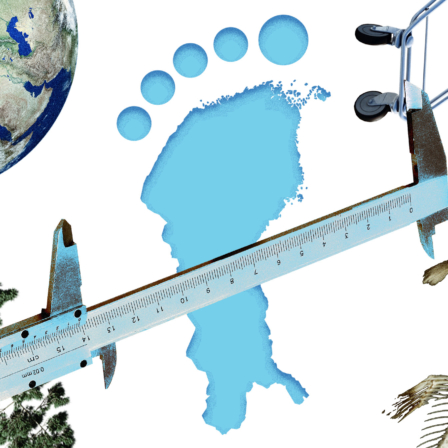On 1 December, a text based on this article was published in Finnish in the financial and business magazine Talouselämä.
According to the French writer Victor Hugo (1802-1885), “we can resist an invasion of armies, but not an idea whose time has come”.
The “spirit of the times” helped Finland gain independence in December 1917. Over the decades, the idea of nationality, the search for a national identity and the dream of a national state spread from one country to another.
In the international context, Finland’s independence 100 years ago was not as remarkable as we Finns have been accustomed to think. Still, to us it was a unique landmark that changed our future. The European spirit of the times led to the birth of an independent Finland. This paved the way for the kind of prosperity that would have been impossible had Finland been a part of Russia or the Soviet Union. It was a cultural, governmental and economic disruption for Finland.
In my own conception of the world, the “spirit of the times” in the 21st century is a wider spread and deeper understanding of climate change.
Although there are no winners with climate change, the opportunity to create financial success stories is not excluded. We see threats unfolding, but also opportunities. The situation was the same when Finland became independent.
Climate thinking must become the prevailing norm
Many politicians do indeed see the significance of climate change but are confused when decisions concerning it need to be taken. Although more and more companies already understand the spirit of the times, what the highest authority in the financial markets, the Financial Stability Board (FSB), regards as perhaps the greatest risk to stability is the impression that the impact of climate change will take so long to be seen that companies do not need to consider it in their decision-making today. That illusion blinds them in front of the rapidly progressing technological revolution and changing economic structures and makes the financial markets prone to pricing mistakes that may lead to a turmoil comparable to a financial crisis when adjusted. The FSB wants to make climate thinking a prevailing norm, both in the financial sector and in the business world in general.
Even if carbon emissions stopped tomorrow, global warming would go on as a self-sustaining process and would stop perhaps in the latter half of this century. The word “perhaps” reveals the uncertainties in the process.
According to the current estimation, emission reductions in the countries that have signed the climate agreement must grow threefold from the emissions in the Paris Agreement for us to be able to manage the target of less than 2 degrees Celsius. Although the anthropogenic emissions from fossil fuels have not increased for four years, the carbon dioxide concentrations in the atmosphere have risen to a record level.
Scientists have long been warning us about “tipping points”, after which nature’s own laws will start to accelerate the warming of the climate. When the melting ice sheets reduce the amount of solar energy reflected back into space, the warming of the atmosphere and the melting of the ice sheets will be accelerated even more. The warming of the oceans and the change in their chemical composition already seem to reduce the capacity of the oceans to absorb carbon dioxide. When permafrost melts, the methane in the soil is released into the atmosphere and speeds up warming, which in turn increases the melting of more permafrost and more methane emissions. And as the climate has been warming, the possibility of rain forests changing from carbon sinks into emission sources has become a new cause for concern.
To save the earth’s suitability for human habitation, the world economy and civil peace in many countries, a 100 per cent reduction is required in anthropogenic emissions within 40 years. The risks related to the tipping points in warming emphasise the need for cost-effective solutions that enable us to absorb the greenhouse gases already accumulated in the atmosphere. We have already seen the beginning of the technological revolution that will make it possible for us to succeed in this.
Because Finland, too, will have to reduce its emissions by 100 per cent in the long run, we are wasting time debating whether the EU-obligation of 39 per cent emission reduction by 2030 is unreasonable or reasonable. In any case, the year 2030 is just a station that the climate train will pass without slowing down. The faster we travel in the beginning, the less of the journey there will be left.
We need climate-conscious citizens and companies
In advanced capitalism, the citizen is the end client in almost all economic activities. Although innovations are created on the supply side, informed demand may serve as the catalyst for innovation. Climate-conscious demand draws clean solutions from the “soil” – as long as the soil has been well taken care of. National climate awareness, education and expertise are the keys to success. The fertility of the breeding ground for innovation is not only a question of government politics but also of corporate and financing culture.
Climate change involves both risks and opportunities. When the climate solutions market heats up, will we be the sellers or will we remain buyers?
If we can and dare to be at the forefront of the spirit of the times, our role in the world economy can be greater than our modest size might warrant.















Recommended
Have some more.